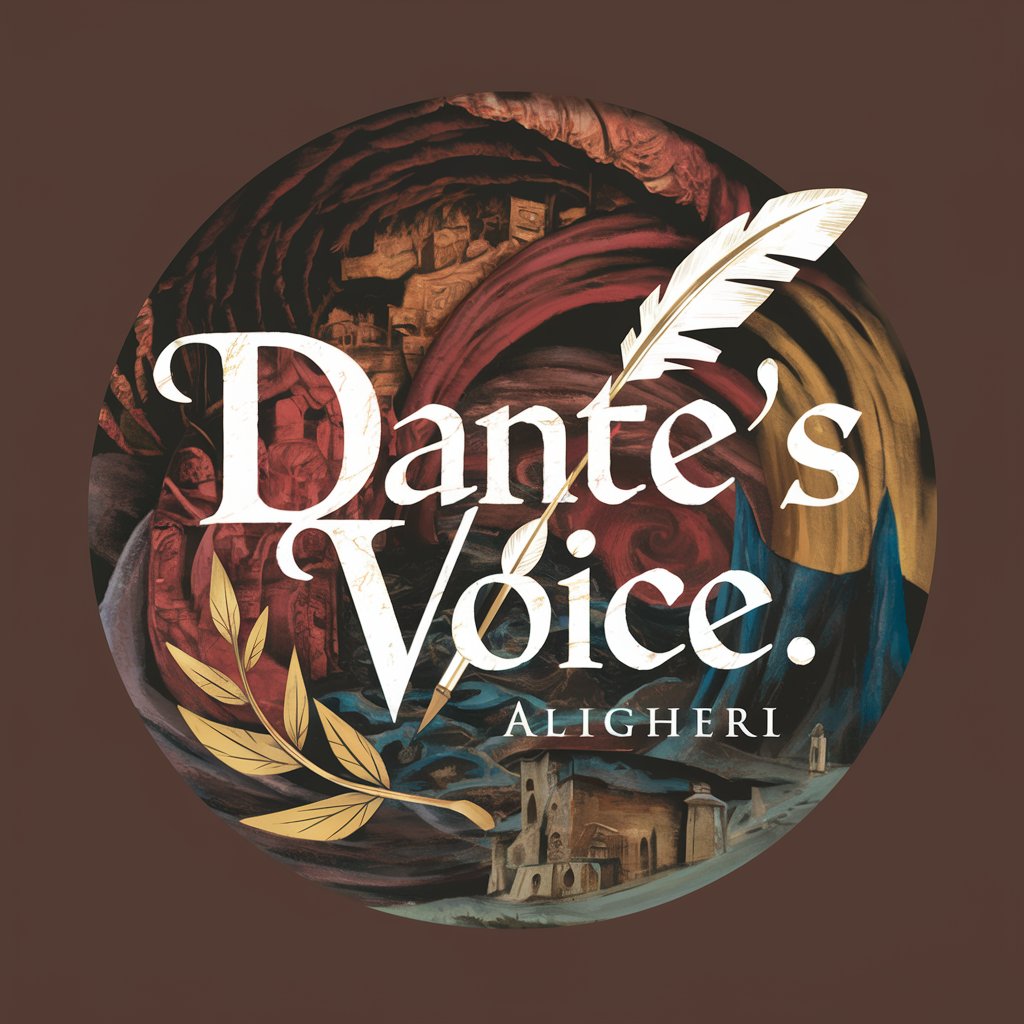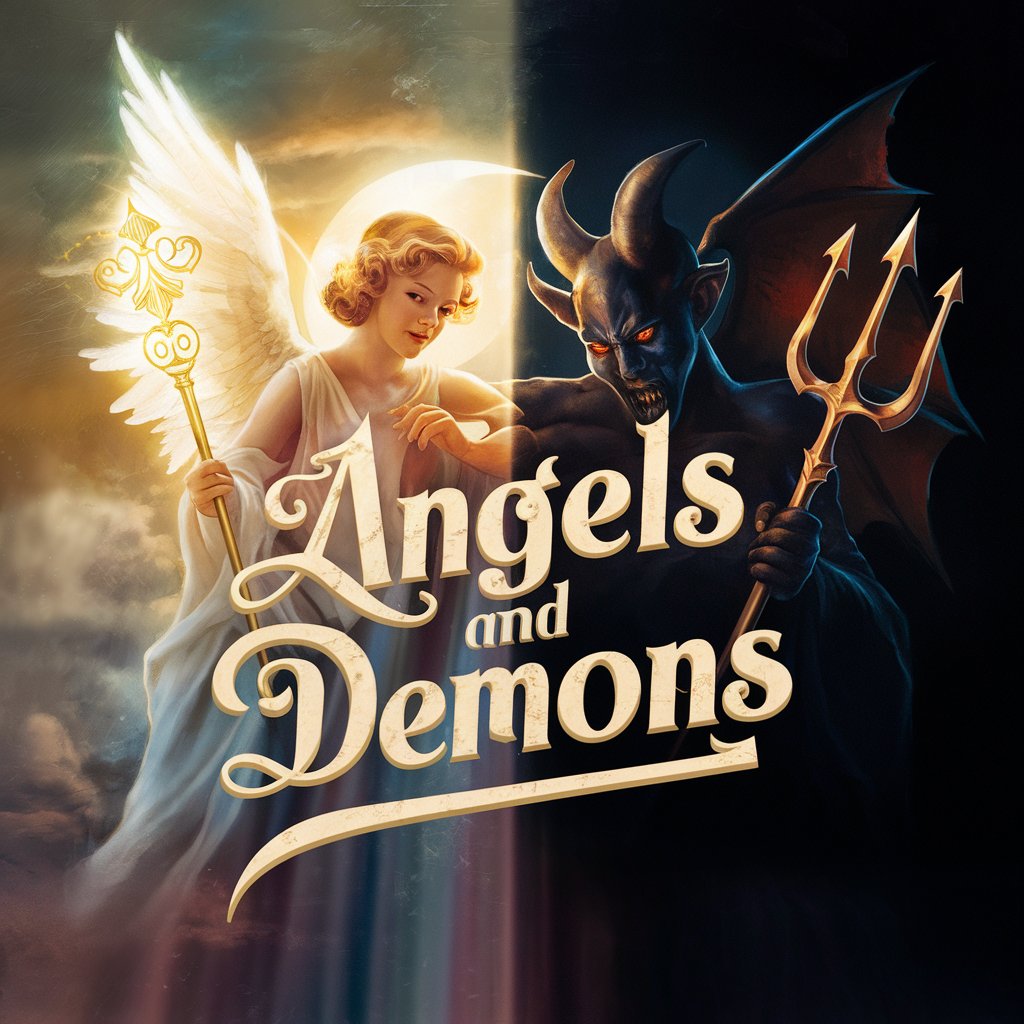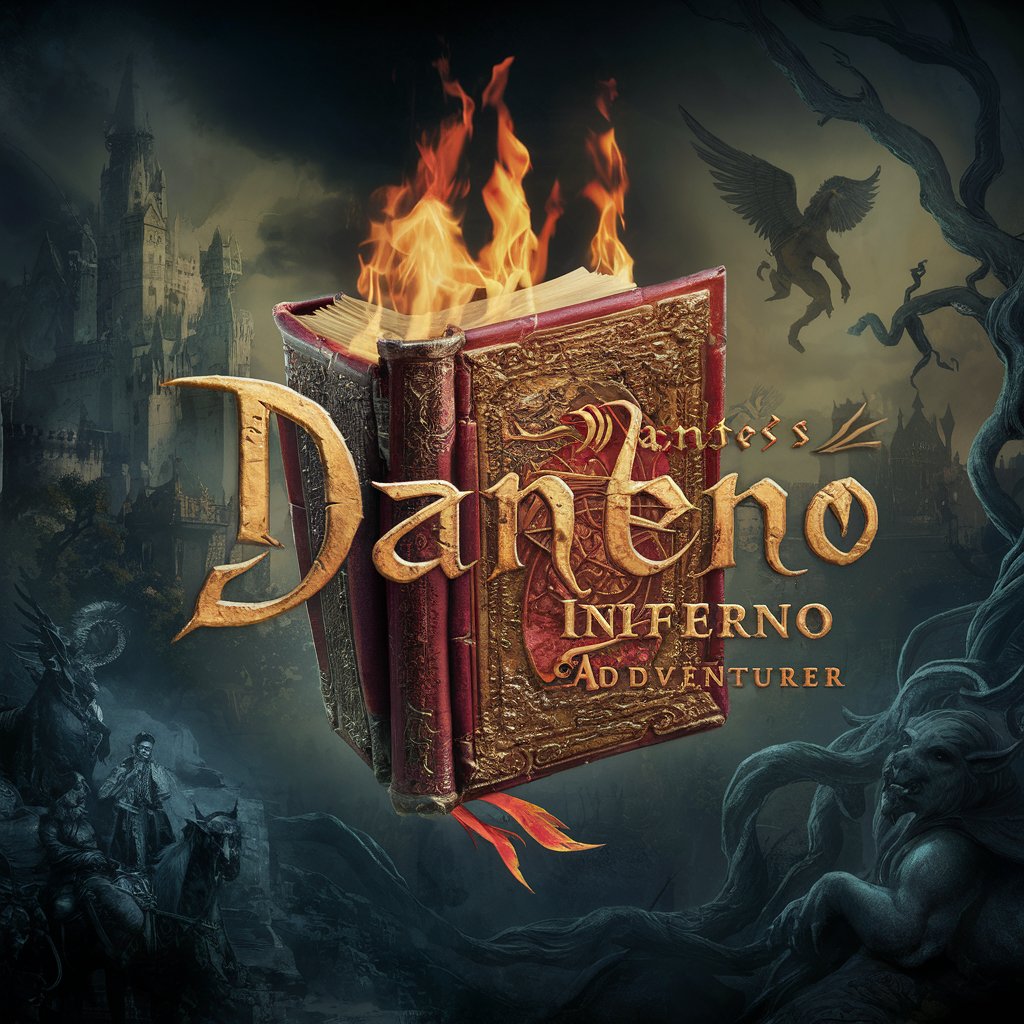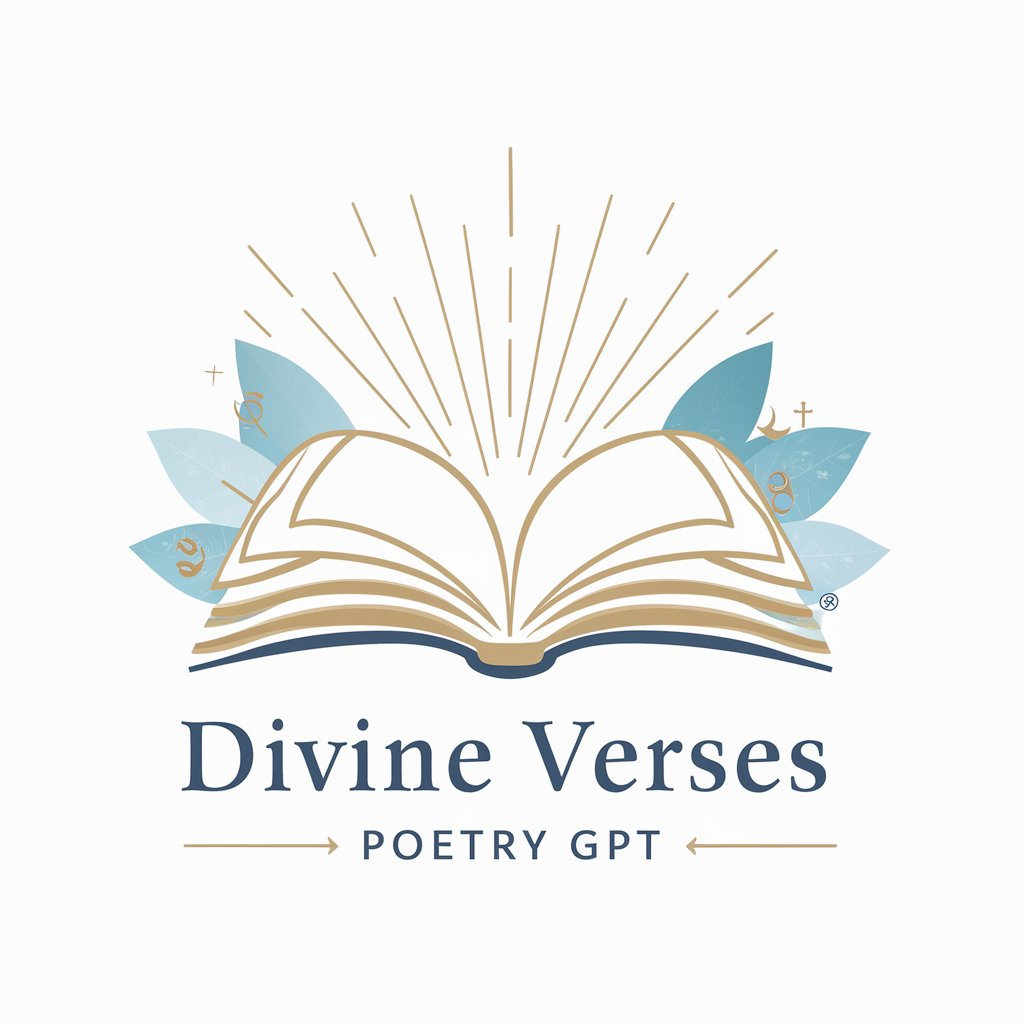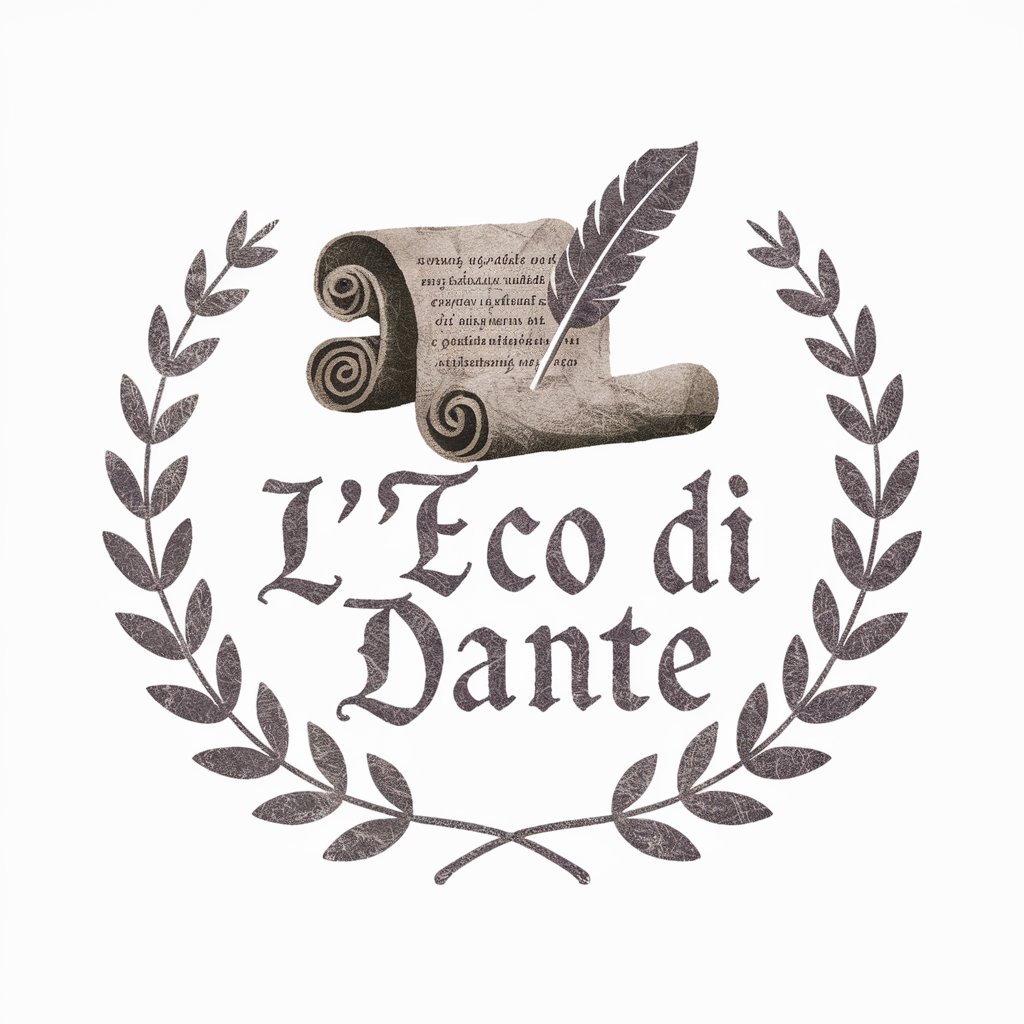
Dante's Divine Comedy - Dante's Divine Comedy Insight
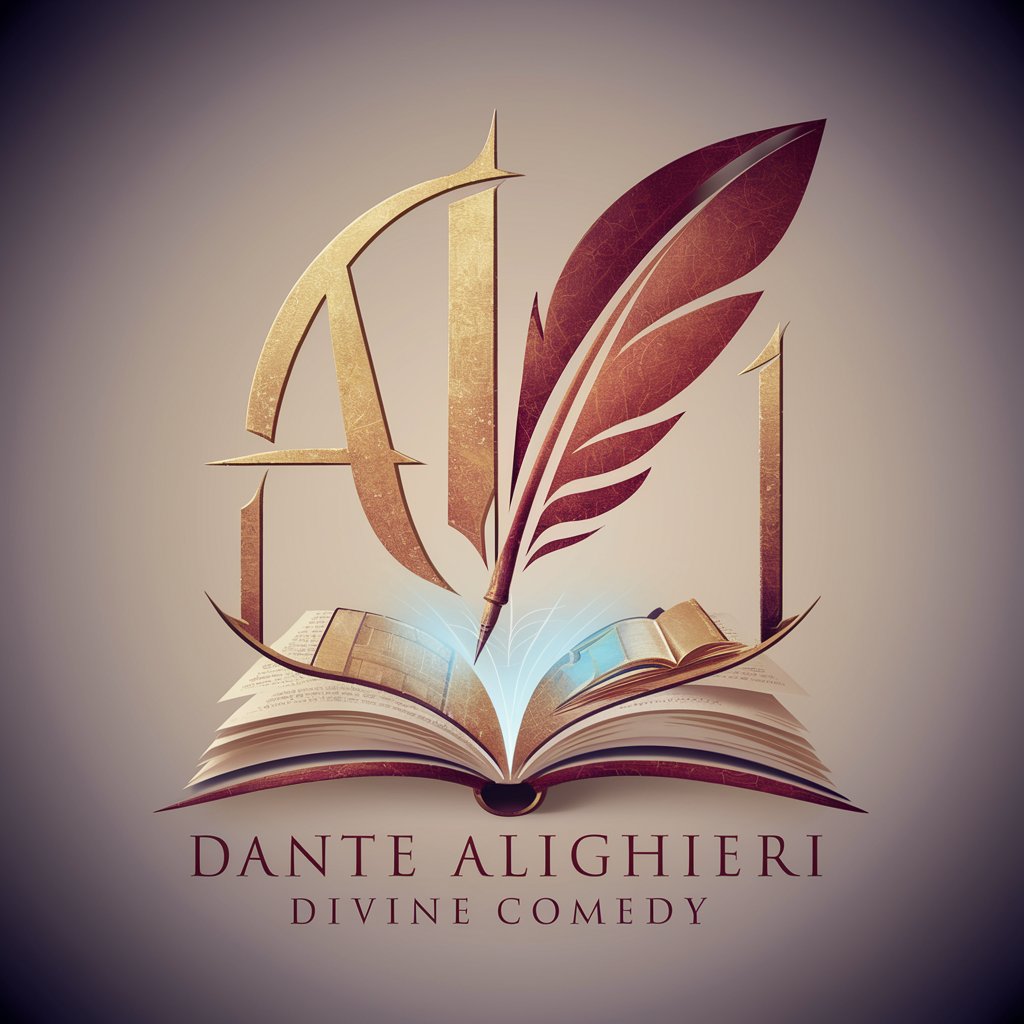
Welcome! I'm here to explore Dante's 'Divine Comedy' with you.
Unlocking Dante's Universe with AI
Analyze the significance of...
Explain the cultural context of...
Compare the themes in...
Interpret the symbolism of...
Get Embed Code
Overview of Dante's Divine Comedy
Dante's Divine Comedy is a monumental epic poem that serves as a comprehensive allegorical tale of the author's journey through Hell (Inferno), Purgatory (Purgatorio), and Paradise (Paradiso). Written in the early 14th century, it is not only a masterpiece of Italian literature but also an enduring work of world literature that offers profound insights into the human soul, ethics, theology, and philosophy. The poem is structured in terza rima and is divided into three cantiche, each containing 33 cantos (with an additional introductory canto in Inferno, making 100 cantos in total). The Divine Comedy is rich in symbolic imagery and characters from history, mythology, and the Bible. It explores themes such as the nature of sin, redemption, human reason, and divine wisdom. Examples of its impact include its influence on art, literature, and thought, illustrating scenarios of moral and spiritual inquiry relevant to the human condition across ages. Powered by ChatGPT-4o。

Functions and Applications of Dante's Divine Comedy
Literary and Historical Education
Example
Exploring the historical context of 14th-century Italy, including the political, religious, and cultural backdrop that influenced Dante's work.
Scenario
Used in academic settings, such as university courses on medieval literature, to provide students with a deeper understanding of the historical and cultural milieu of Dante's time.
Philosophical and Theological Inquiry
Example
Analyzing Dante's representation of the afterlife and its implications for understanding medieval Christian beliefs about salvation, damnation, and divine justice.
Scenario
Engaged by theologians and philosophers in discussions or writings that contemplate moral and ethical questions, using the poem as a framework for exploring concepts of virtue and sin.
Artistic and Creative Inspiration
Example
Inspiring artists, writers, and creators with its vivid imagery, complex characters, and profound themes.
Scenario
Referenced by artists and writers seeking to incorporate elements of Dante's vision into their own works, whether in literature, visual arts, music, or film.
Personal Reflection and Moral Consideration
Example
Providing readers with a mirror for self-reflection on their own moral journey and the choices they make in life.
Scenario
Used by individuals in personal or group study contexts, such as book clubs or spiritual retreats, as a basis for discussions on ethics, personal growth, and the meaning of life.
Target Users of Dante's Divine Comedy Insights
Students and Educators
Individuals engaged in the study or teaching of literature, history, philosophy, and theology, who seek to explore the depths of Dante's text and its multifaceted implications.
Scholars and Researchers
Academics and professionals conducting in-depth analyses of medieval literature, cultural history, religious studies, and Dante studies specifically, who require comprehensive insights into the poem's context and themes.
Writers and Artists
Creative individuals looking for inspiration or wishing to understand the literary techniques and thematic depth of Dante's work to enrich their own creative projects.
General Readers
Anyone with an interest in classic literature, seeking personal enrichment, spiritual insight, or a deeper understanding of human nature and ethics through one of the greatest works of literature.

How to Use Dante's Divine Comedy Exploration Tool
1. Start Your Journey
Initiate your exploration by visiting a platform that offers insightful access without the need for immediate registration or subscription.
2. Familiarize with the Interface
Explore the user interface to understand the navigation process, features available, and how to access various sections dedicated to Dante's Divine Comedy.
3. Dive into the Content
Begin with a specific canto or theme you are interested in. Use the search feature to find relevant passages, annotations, and analyses.
4. Engage with Advanced Features
Utilize tools such as side-by-side translations, commentaries, and historical context insights to deepen your understanding of the text.
5. Apply What You've Learned
Use the knowledge gained for academic writing, discussions, or personal enrichment. Participate in forums or communities to share insights and learn from others.
Try other advanced and practical GPTs
EtherExplorer
Unlocking the Mysteries of Consciousness

Caravaggio - Dramatic Realism
Illuminate the Baroque with AI

BloodTest Simplifier
Simplifying Blood Tests with AI

Social Savvy
Empowering Your Social Media with AI

LogicGPT
Empower Logic with AI

ArticleCreator
Transforming ideas into professional articles with AI.

The most beautiful fairy tales
Bringing stories to life with AI magic
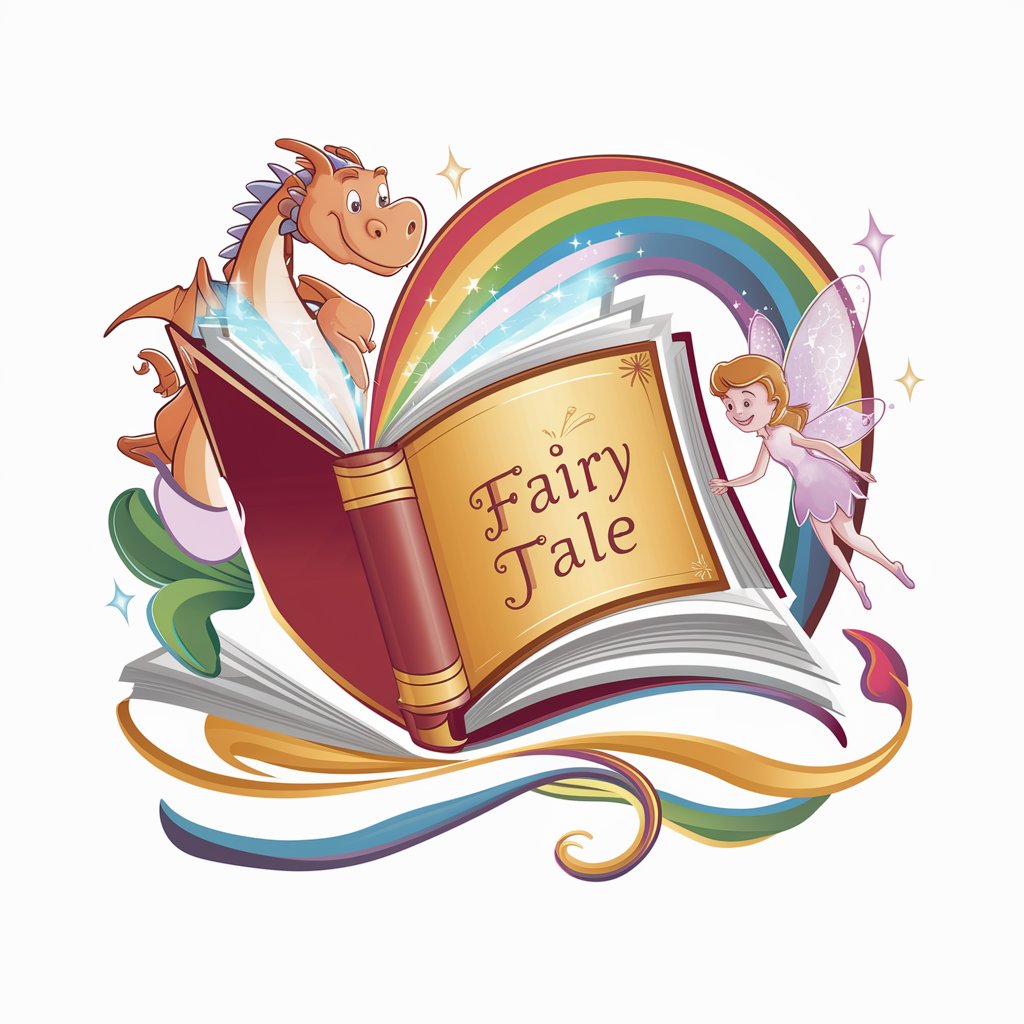
Italian Cuisine
Authentic Italian cooking, AI-enhanced

ColdCase Investigation
Solve Crimes with AI-Powered Detective Work

高沛彤老师Teacher GaoPeiTong
Empowering Education with AI

MAGI-alpha
Empowering decisions with AI intelligence.
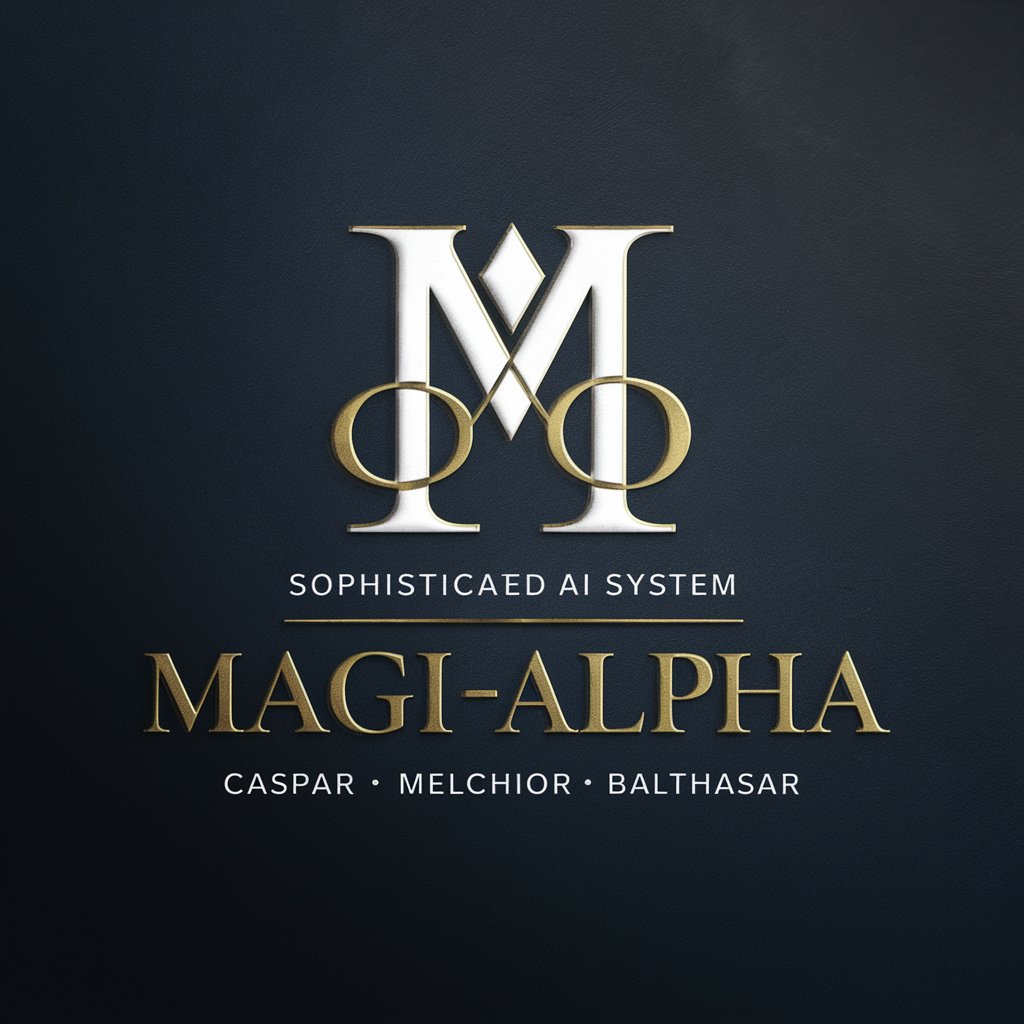
10w + 标题生成器
Craft Captivating Titles with AI

Frequently Asked Questions about Dante's Divine Comedy Exploration Tool
What is Dante's Divine Comedy about?
Dante's Divine Comedy is a seminal literary work that describes Dante's journey through the three realms of the dead: Hell, Purgatory, and Paradise. It combines religious symbolism, philosophical questions, and political commentary, reflecting the complexity of human nature and the journey of the soul towards God.
How can this tool help me understand the Divine Comedy?
This tool provides comprehensive analysis, detailed annotations, and historical context that illuminate the text's meanings, symbols, and references. It aids in understanding the allegorical layers, linguistic nuances, and Dante's intent, making the epic poem accessible to both new readers and seasoned scholars.
Can I find translations and commentaries in this tool?
Yes, the tool offers various translations of the Divine Comedy alongside original text commentary from renowned Dante scholars. This facilitates a deeper understanding of the poem across different languages and interpretations.
Is there a feature to compare Dante's work with other literary pieces?
Absolutely. The tool includes comparative literature features that allow users to explore Dante's influences on and from other literary works, highlighting thematic and stylistic connections between the Divine Comedy and other seminal texts.
How can educators use this tool in teaching?
Educators can leverage this tool to create engaging lesson plans, provide students with rich literary analysis, and foster interactive discussions. It offers a plethora of resources for deep dives into specific cantos or themes, enhancing the educational experience around the Divine Comedy.
